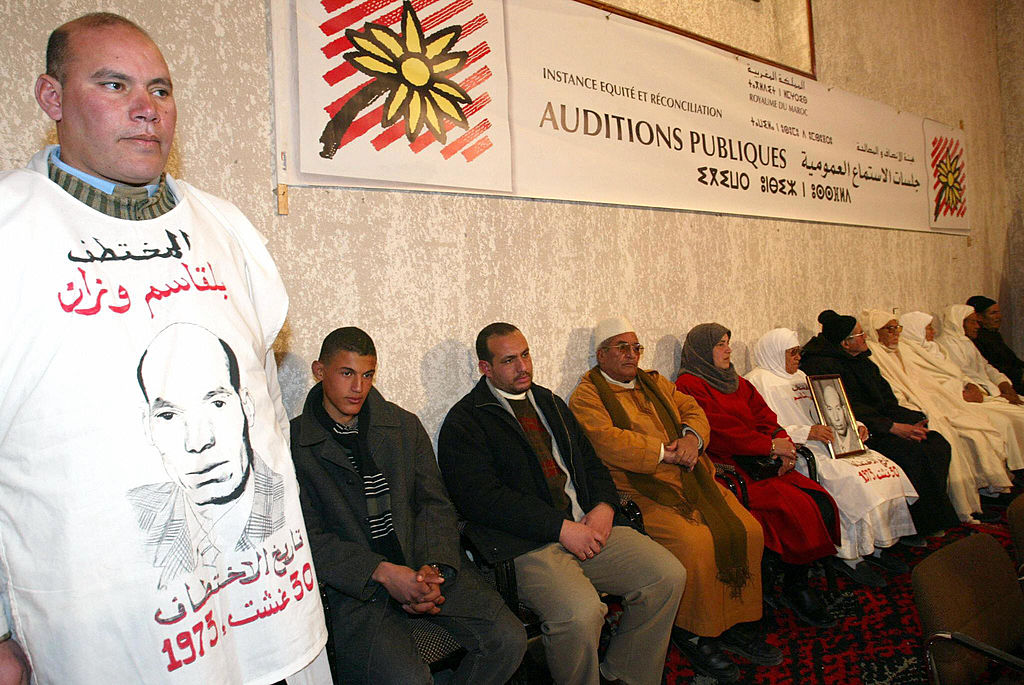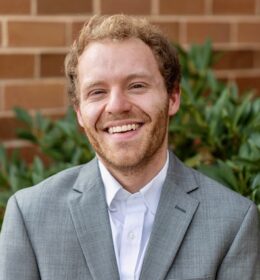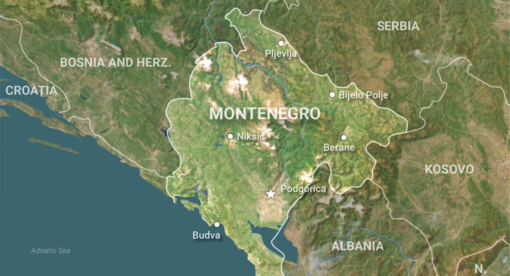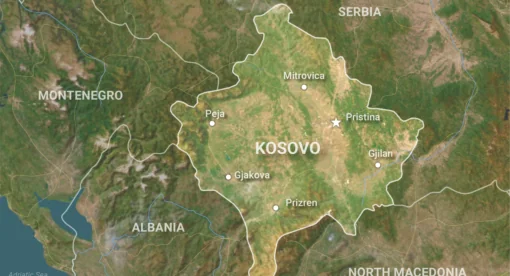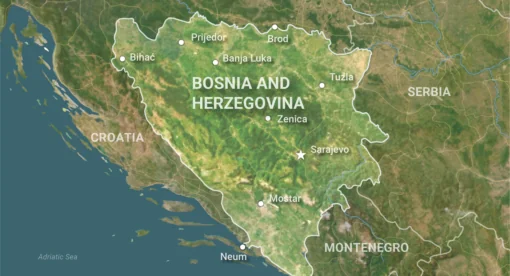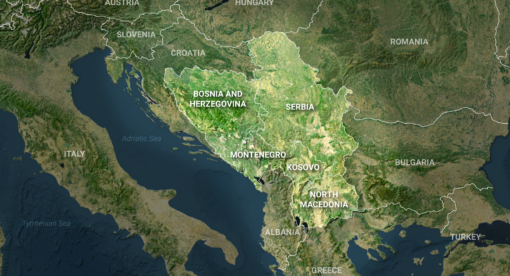Listen to article
As countries emerge from periods of conflict, they often must reconcile with a legacy of state-sponsored widespread human rights abuses. The field of transitional justice works to provide recognition and redress to victims in these contexts, and to guarantee they will never again suffer similar abuses. Yet an examination of past transitional justice efforts in authoritarian states such as Morocco shows these initiatives do not often lead to earnest, successful efforts at reform. While a variety of transitional justice processes exist, many states have gravitated toward implementing truth commissions. These official bodies are set up by the state to investigate the period of abuses and issue recommendations for reform and redress. However, these commissions will be deeply constrained in authoritarian environments and will need support from policymakers to bring about reforms.
Many countries are currently embroiled in conflict, while others are only now starting to emerge. As such, international observers speculate that truth commissions could be set up in a wide variety of countries, including Yemen, Cameroon, Myanmar, and perhaps Ukraine. More than 40 truth commissions have been established over the last three decades, and it seems quite likely that many of these countries will follow suit.
Yet authoritarian states face serious constraints to their ability to hold perpetrators of human rights abuses accountable. Not only do such figures often retain close ties to the current regime, but the regime itself will usually recoil from aggressive reform efforts that could reduce their power. These states may also seek to exploit transitional justice measures to provide the mere appearance of reform to bolster their legitimacy both domestically and abroad.
While none of this means policymakers should discourage authoritarian states from establishing truth commissions, it does mean that they should not instinctively view their formation as a harbinger of reform. Truth commissions will be deeply constrained in these environments, but policymakers can learn from the past and help maximize their impact in several ways. They should work with these states, and international bodies if they are involved, to ensure that any truth commissions possess a degree of independence from the state, are able to name alleged perpetrators of human rights abuses, and issue recommendations for reform that will be at the very least seriously considered by the state. These priorities become clear when analyzing the case study of Morocco, a major non-NATO ally and a critical strategic partner of the United States in North Africa.
Morocco’s Equity and Reconciliation Commission
King Hassan II’s 38 years of rule over Morocco are commonly referred to as “the years of lead.” As Amnesty International notes, Hassan’s reign was characterized by “repression of political dissent, the enforced disappearance of hundreds of individuals, arbitrary detention of thousands of others, and the systemic use of torture and other ill-treatment.” His son Mohammed VI inherited the Moroccan throne in July 1999, and the new king launched The Equity and Reconciliation Commission in January 2004 in an effort to respond to this history of abuses. The Commission was charged with shedding light on cases of forced disappearance and arbitrary detention, compensating and providing reparations for victims, and preparing a report to “make a definitive break with the practices of the past” and “bolster confidence in the rule of law and respect for human rights.”
Despite these ambitious goals, the Commission was not given the authority to charge perpetrators of past crimes – or even to name them. Sanctions for those responsible for abuses were not considered. Participants at hearings were forced to sign an agreement that they would not identify any individuals responsible for their mistreatment. The Commission was still significant in that Moroccans were able to speak with relative openness about past repression for the first time. Still, the limitations placed on the Commission say a great deal about its nature.
As many human rights organizations found, high-level officials suspected of some of the worst abuses continued to hold positions of power during and after the work of the Commission. It is clear that the king did not want to prosecute influential officials in the security and military services and make enemies that might shake the stability of his regime. This reluctance was probably compounded by the fact that Mohammed VI was a new king at the time. By not even allowing officials to be named during the hearings, the king insulated them from accountability and opened the door for the repetition of their past crimes. The Commission did make a significant impact in providing reparations to victims of human rights abuses, awarding roughly $85 million to thousands of individuals. However, these reparations did little to advance structural reforms, and nothing to hold perpetrators of human rights abuses accountable.
The Commission’s final report did advocate for significant structural changes, but the palace ignored these recommendations. The Commission advised a reduction in the palace’s executive powers; the strengthening of the legislature and the independence of the judiciary; the implementation of additional laws against sexual violence; the abolition of the death penalty; and the ratification of the International Criminal Court statute. At the time, the State Department praised Morocco for its “willingness to contemplate serious reform,” but urged the kingdom to follow through and implement the Commission’s recommendations. Today, the majority of these reforms have not been implemented. Morocco has not ratified the International Criminal Court statute, abolished the death penalty, or implemented significant judicial reform. Abuses reminiscent of “the years of lead” still occur, albeit on a smaller scale.
Autocratic states rarely cede authority willingly, so it is perhaps not surprising that the palace did not follow through on recommended reforms that might have weakened its grip over the country. Still, the fact that almost none of the Commission’s recommendations have been implemented suggests that the palace may never have seen the Commission as a vehicle of true reform and redress. It may instead have meant to use the Commission as a campaign to project a veneer of reform.
This reality becomes clear by analyzing the trajectory of Moroccan politics since the end of the Commission’s work in 2005. Although Morocco underwent a period of modest reform in response to the Arab Spring protests in 2011, the kingdom’s human rights record has steadily deteriorated. The palace has near total control over the political sphere, and the king has recently permitted many of the security services’ draconian practices in response to perceived security challenges. The government has also arrested and imprisoned many well-known journalists for their criticism of the country’s corruption and its repression in the Rif and Western Sahara. Analyzing the 15-year period after the Commission’s work reveals that the palace, like many other authoritarian regimes, is extremely adept at using different means to provide an appearance of reform during periods of heightened political pressure, only to turn back to its old tools of repression and control.
Many scholars have argued that The Equity and Reconciliation Commission helped Morocco improve its human rights image abroad. Given Morocco’s extremely close ties with the United States, and with many other countries vocal about human rights, this was a critical goal for the palace. As Edward Gabriel, a former U.S. Ambassador to Morocco and subsequent advisor to the King of Morocco, argued, Morocco has been able to reference The Equity and Reconciliation Commission to demonstrate its commitment to democratic values and justify demands for stronger support from the U.S. Although the State Department initially balked at praising the Commission, since its recommendations were not implemented, Morocco faced no significant pressure. For decades, the U.S. has largely been silent on human rights abuses in Morocco, given the country’s significant geostrategic importance in intelligence sharing and advancing diplomatic efforts in West and North Africa.
The Commission also played an important role in providing a veneer of reform internally. After nearly 40 years of Hassan II’s tyrannical rule, the Commission helped King Mohammed VI nominally distance himself from his father’s legacy – yet he maintained the same levers of state power and repression.
Looking Forward: Lessons for Policymakers
Morocco is far from the only state to oversee a truth commission that has not led to substantive change. More than 40 countries have established truth commissions since the 1980s, and while many of these processes have had a significant and transformative effect (such as those that took place in South Africa, Timor-Leste, and Chile) others can similarly be understood as severely constrained efforts that did more to project an image of reform than to actually achieve it.
As countries emerging from conflict contemplate establishing truth commissions, Morocco’s Equity and Reconciliation Commission provides a critical lesson for policymakers to keep in mind. The Commission reminds us that authoritarian countries face serious constraints in their ability to pursue accountability. At the same time, these regimes may be more interested in rehabilitating their international image and placating internal dissent than in implementing reform.
Policymakers should encourage the implementation of transitional justice measures in countries that desire to do so, but they should also be cautious in interpreting the establishment of these measures as an indication that the countries are earnest about reform. In order to maximize the impact of these efforts, policymakers should learn from the example of Morocco’s Equity and Reconciliation Commission and encourage truth commissions that incorporate a number of features that foster a culture of human rights and accountability.
For one, although truth commissions in authoritarian states may be limited in their ability to prosecute perpetrators of human rights abuses, given these figures’ strong ties to the regime, they must retain the ability to name these perpetrators and bar them from future service in the government. In addition, truth commissions in these environments greatly benefit from the creation of follow-up committees that can track the implementation of recommendations over the long term — and when necessary, engage with government officials and international partners to promote their adoption. These are just a couple of the many ways that policymakers can help truth commissions achieve reform in authoritarian environments.
If policymakers in the U.S. ignore this lesson, critical windows of potential reform will be missed, and rather than build a coalition of democracies, the U.S. may inadvertently encourage further democratic backsliding across the world. When this backsliding occurs in countries like Morocco that are strategic partners of the U.S., it also risks straining critical relationships and undermining U.S. global diplomatic efforts.
Alexander Kochenburger is an intern with the Analytical Development team at the New Lines Institute. He is currently pursuing a Master of Arts in Law and Diplomacy at The Fletcher School, where he is concentrating in human security and conflict resolution. Prior to graduate school, Alex studied Arabic with the Center for Arabic Study Abroad Program, worked at AMIDEAST in Washington, D.C., and completed a Fulbright in Agadir, Morocco. He holds a Bachelor of Arts in International Studies and Arabic from the College of the Holy Cross in Worcester, MA. He tweets at @AKochenburger.
The views expressed in this article are those of the author and not an official policy or position of the New Lines Institute.

